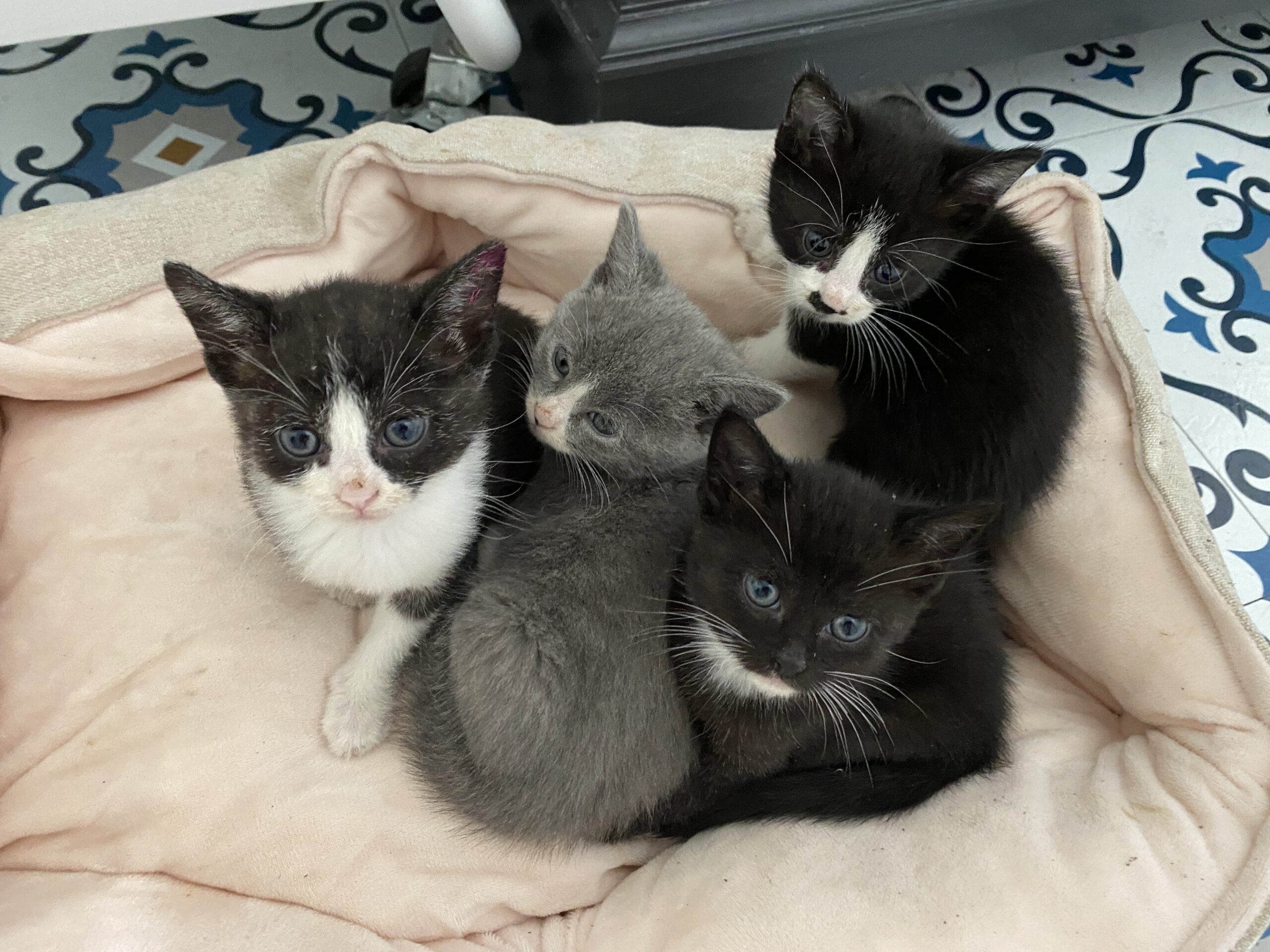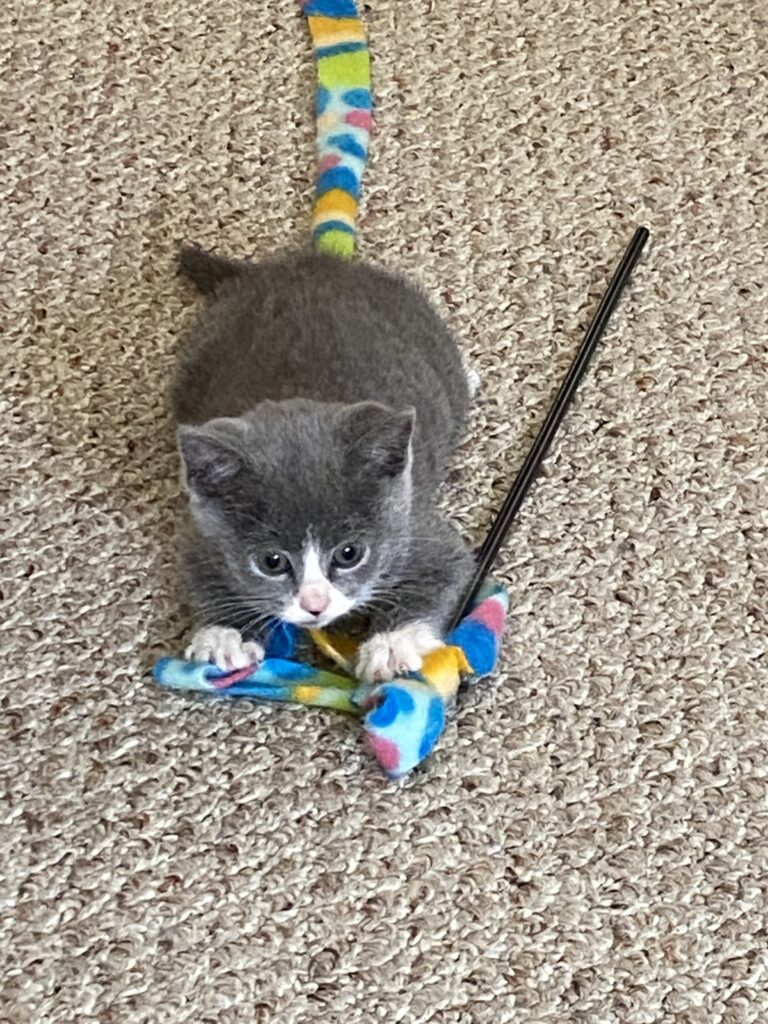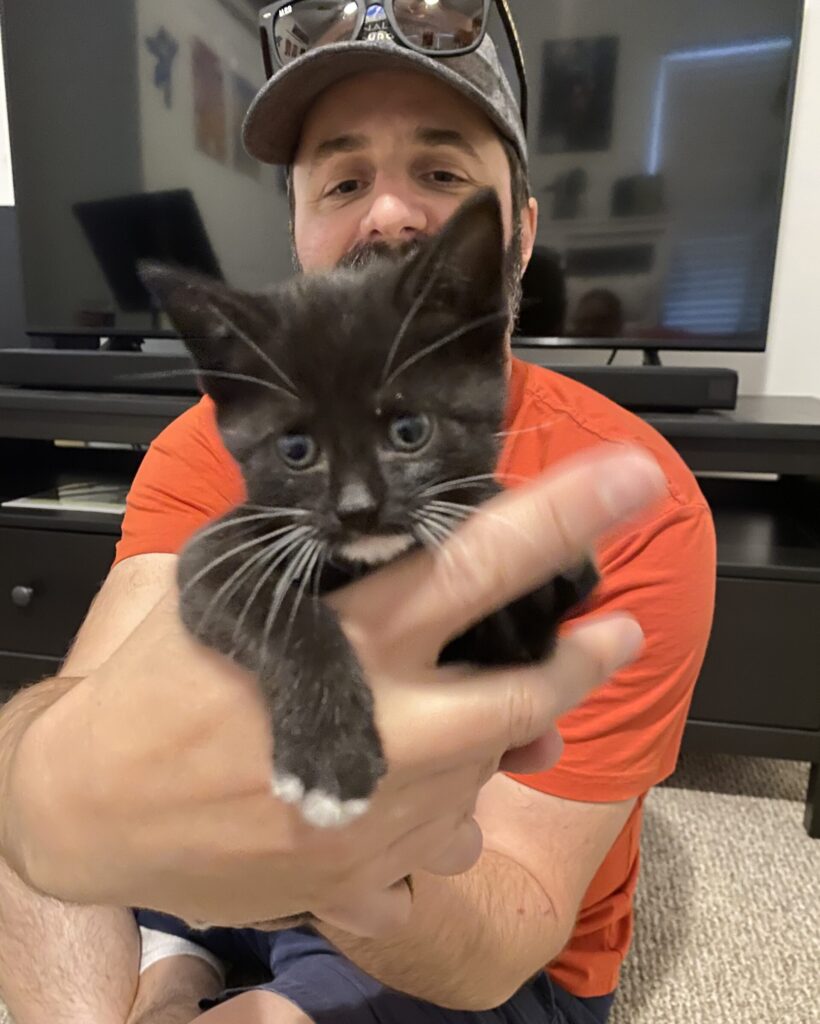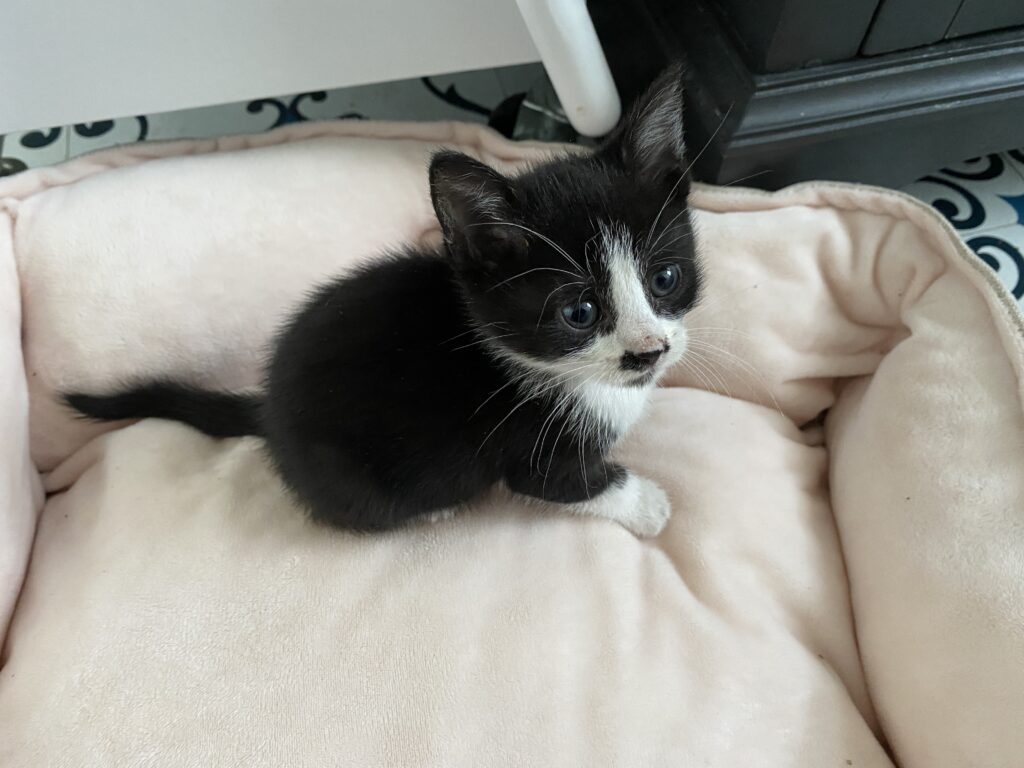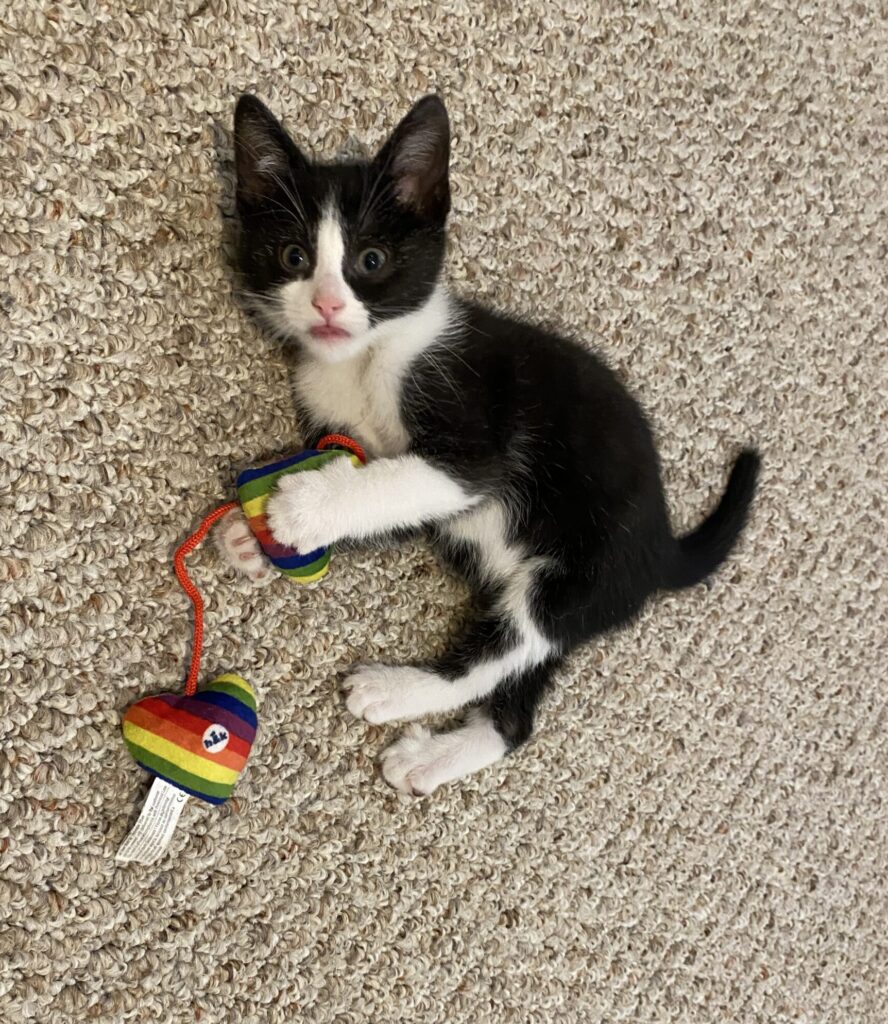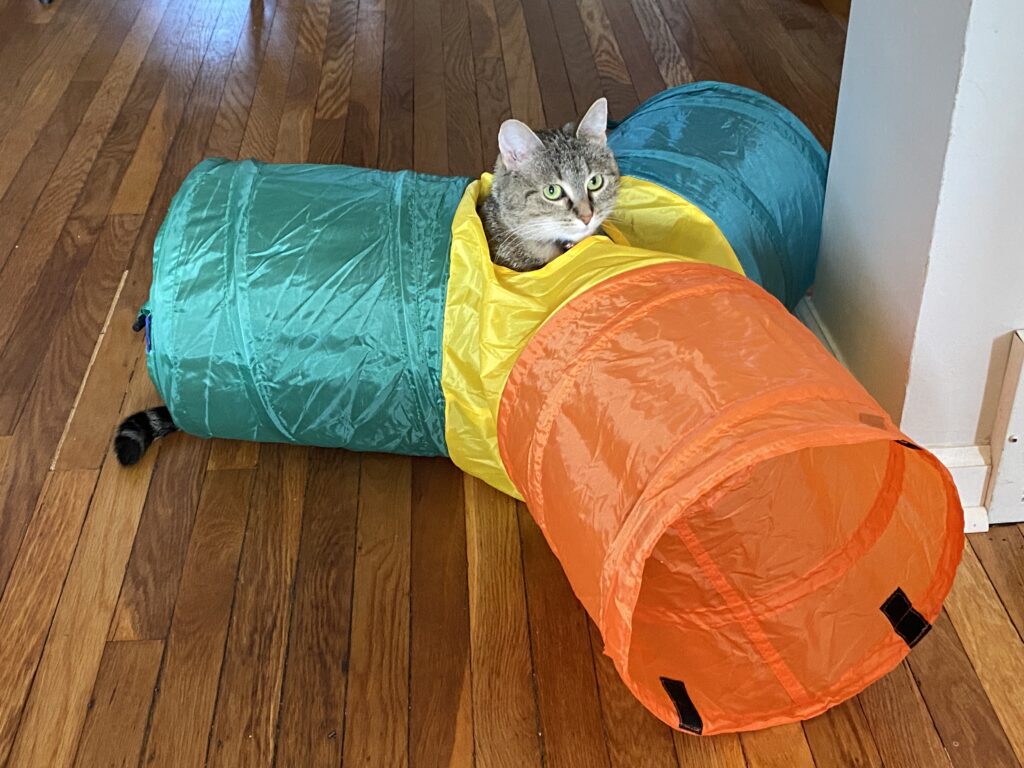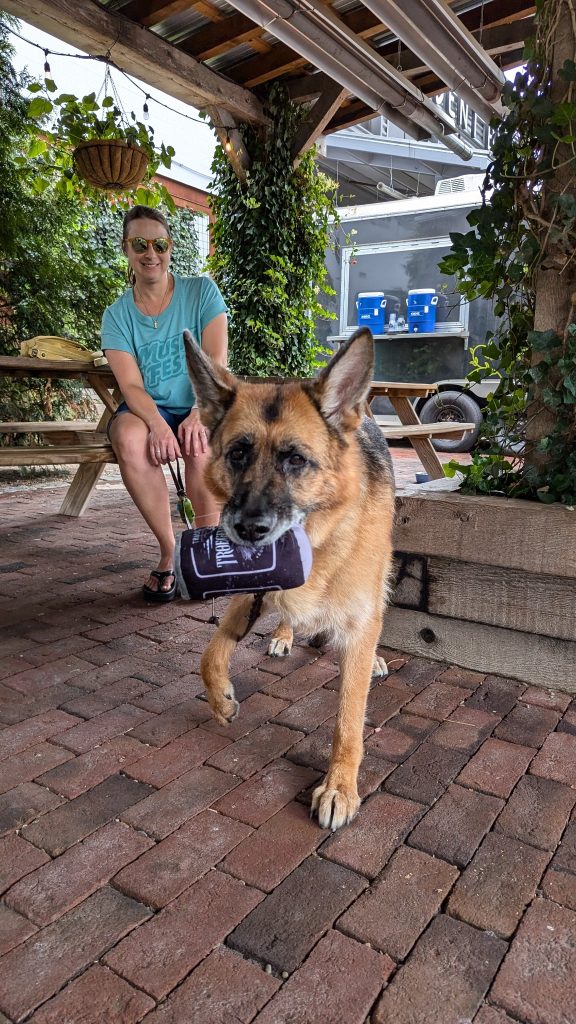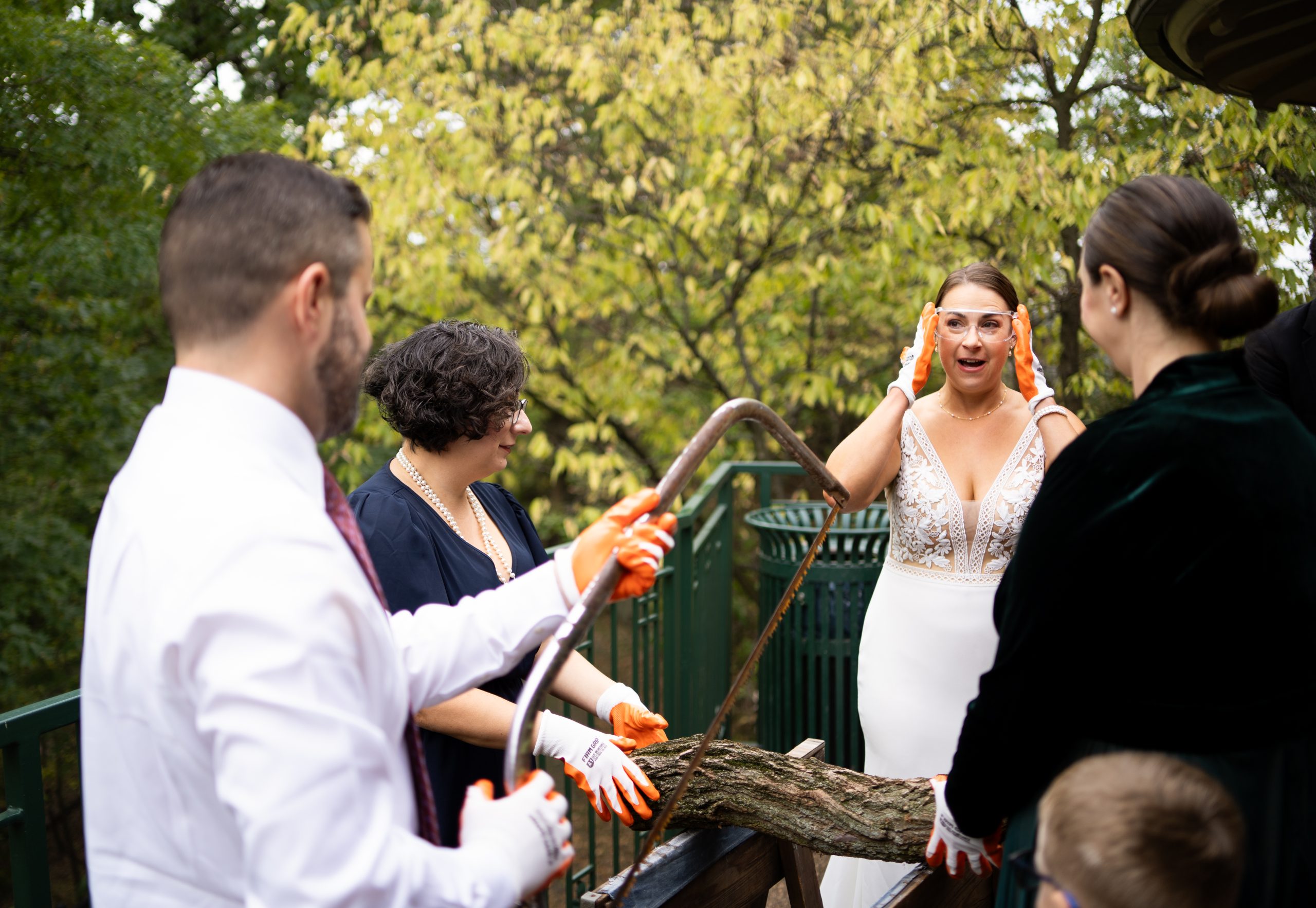As a woman who will happily spend a weekend tramping around old battlefields or watching a demonstration of 19th-century metalsmithing, getting me interested in anything history-related is rarely a hard sell. The same goes for food: whether it’s growing it, shopping for it, cooking it, or eating it, it’s a rare day when someone has to twist my arm for a culinary adventure.
And when the two are together? Dangerous indeed.
I recently fell down such a rabbit hole. I’d been browsing the wares at a museum shop when I spotted a neat paperboard box labeled “An Edible Timeline of Modern Candy”. The box purported to claim candies like those manufactured in the 1800s. I could see what appeared to be chocolates and Good n’Plenty through the cellophane window.
A sugar-spiked history lesson? I had to buy it. Then, naturally, I had to try what was inside.
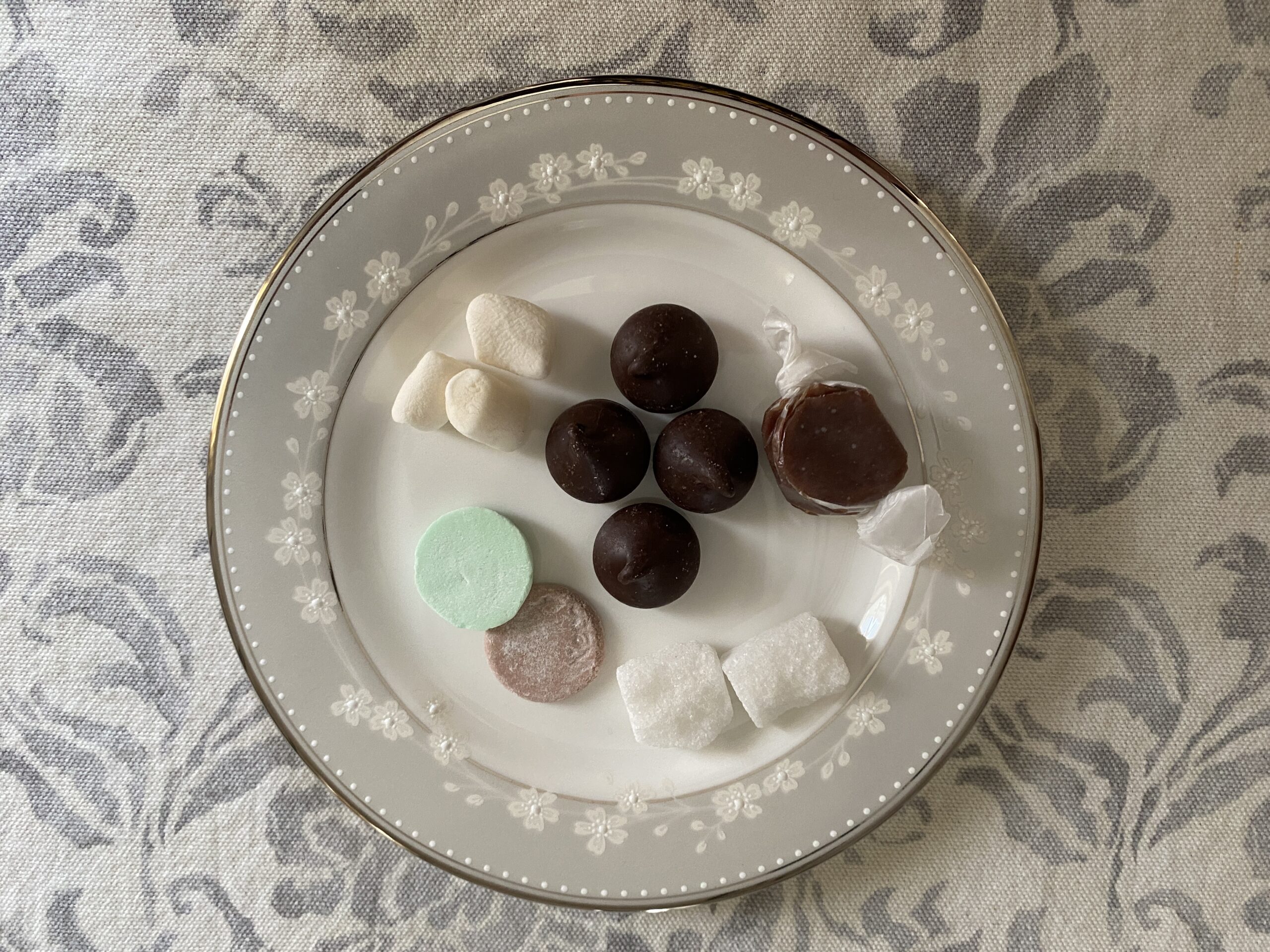
I’ll jump right to the spoiler: for those of us raised on the hyper sweet, artificially colored, artificially flavored confections of the 20th century onward, candies from the 19th century are, in a word, underwhelming.
Perhaps it’s not fair to pit humble rock candy and marshmallows against a Reese’s cup or Milk Duds. How could the sweets of yesteryear – with their simple flavors and muted colors – possibly compare against the likes of PopRocks, gummi worms, Tootsie Pops, or my personal guilty pleasure, a Snickers bar?
Of course, as technology advanced, candy production became more sophisticated, with the likes of chocolate-covered nuts and candy corn appearing by the end of the 1800s. There was apparently plenty of sugar to be found at home, too. Watch any costume drama set between the Regency period and Victoria era, and I’ll bet you $20 you can’t get through it without at least one scene of the characters drinking tea and eating dainty cakes.
I get it. If I were a production designer, nothing screams “period piece” like neatly matched china, tiny spoons, a fireplace, and a passive-aggressive manner of offering strawberry jam. But this convention happens, best as I can tell, to be somewhat grounded in fact.
I flipped to my favorite source for what was on the menu in the early 1800s: A New System of Domestic Cookery by Mrs. Rundell. Part recipe book, part housekeeping guide, this volume has been my go-to source for the eating habits of 200 years ago.
“Candy” makes only one appearance, and that in a recipe for preserving fruit by coating it in sugar. “Chocolate” is also rare: it is an ingredient in a beverage recipe (hello, hot chocolate!) and referred to again for variations on a dessert.
Mrs. Rundell has no shortage of cake recipes. There are several recipes for “cream,” from almond and coffee to orange and lemon; a look at the ingredients list (heavy cream, eggs, milk, sugar) makes me think the result might resemble what we’d call custard. Pies, tarts, and puddings are plentiful, even if the methods of preparing them seem unfamiliar.
Perhaps that is what is the most striking: the work involved in preparation. Any cook who bakes from scratch can attest to the labor involved. I imagine making one of my most intricate recipes in a kitchen where water needed to be brought in by hand, the ovens were heated with coal or wood, and there were no stand mixers.
Speaking of cooking, it’s time to get dinner started. And I can’t help but wonder, on a day when I’m feeling brave, if I just might try one of Mrs. Rundell’s recipes.
P.S. If you’re curious, her trifle recipe is below.
Apple Trifle
Scald such a quantity of fruit as when pulped through a sieve, will make a thick layer at the bottom of your dish; of apples, mix the rind of half a lemon, grated fine, and as much sugar as will be pleasant.
Mix half a pint of milk, half a pint of cream, and the yolk of one egg; give it a scald over the fire and stir it all the time: don’t let it boil; add a little sugar only, and let it grow cold. Lay it over the apples with a spoon; and then put on it a whip made the day before.
